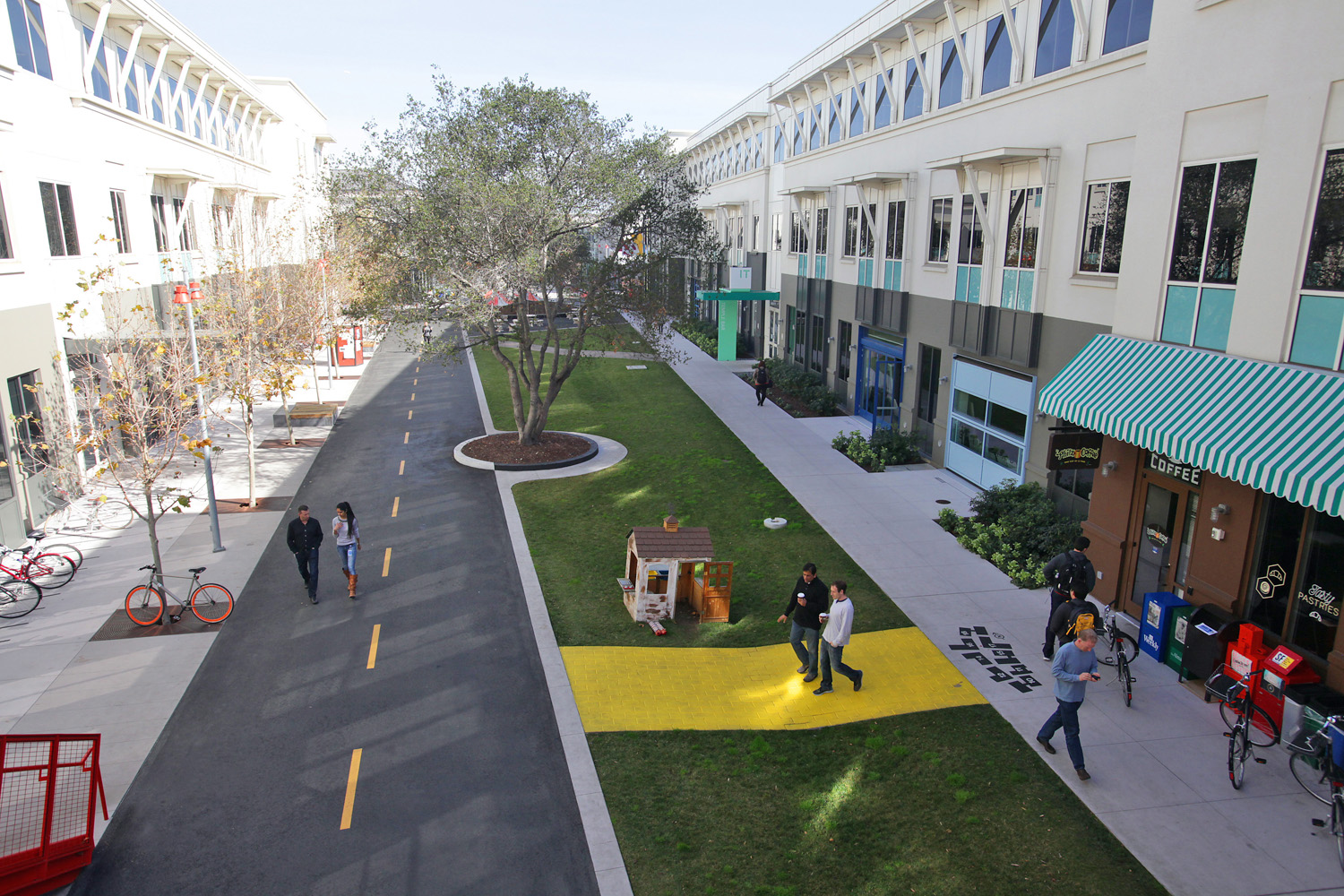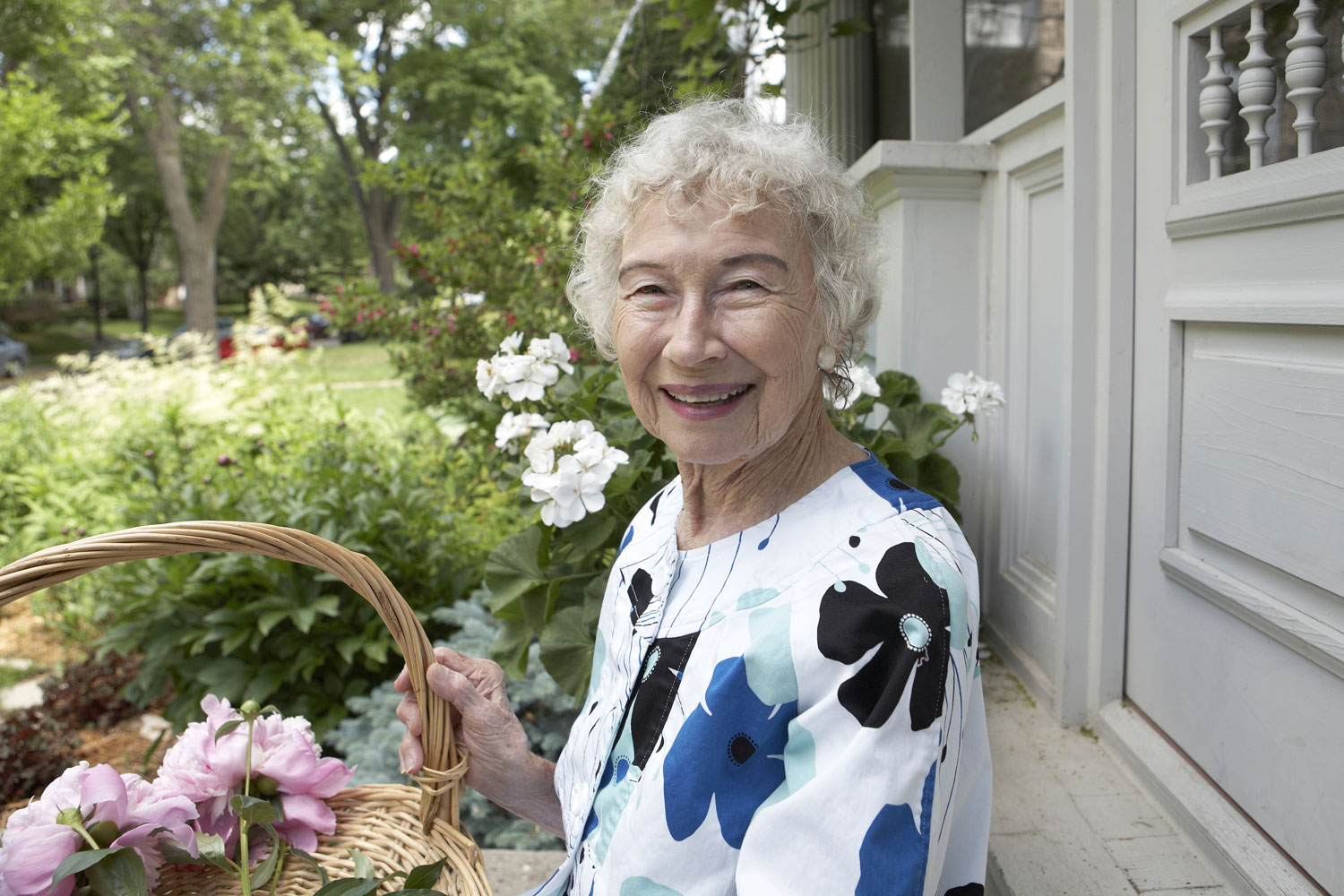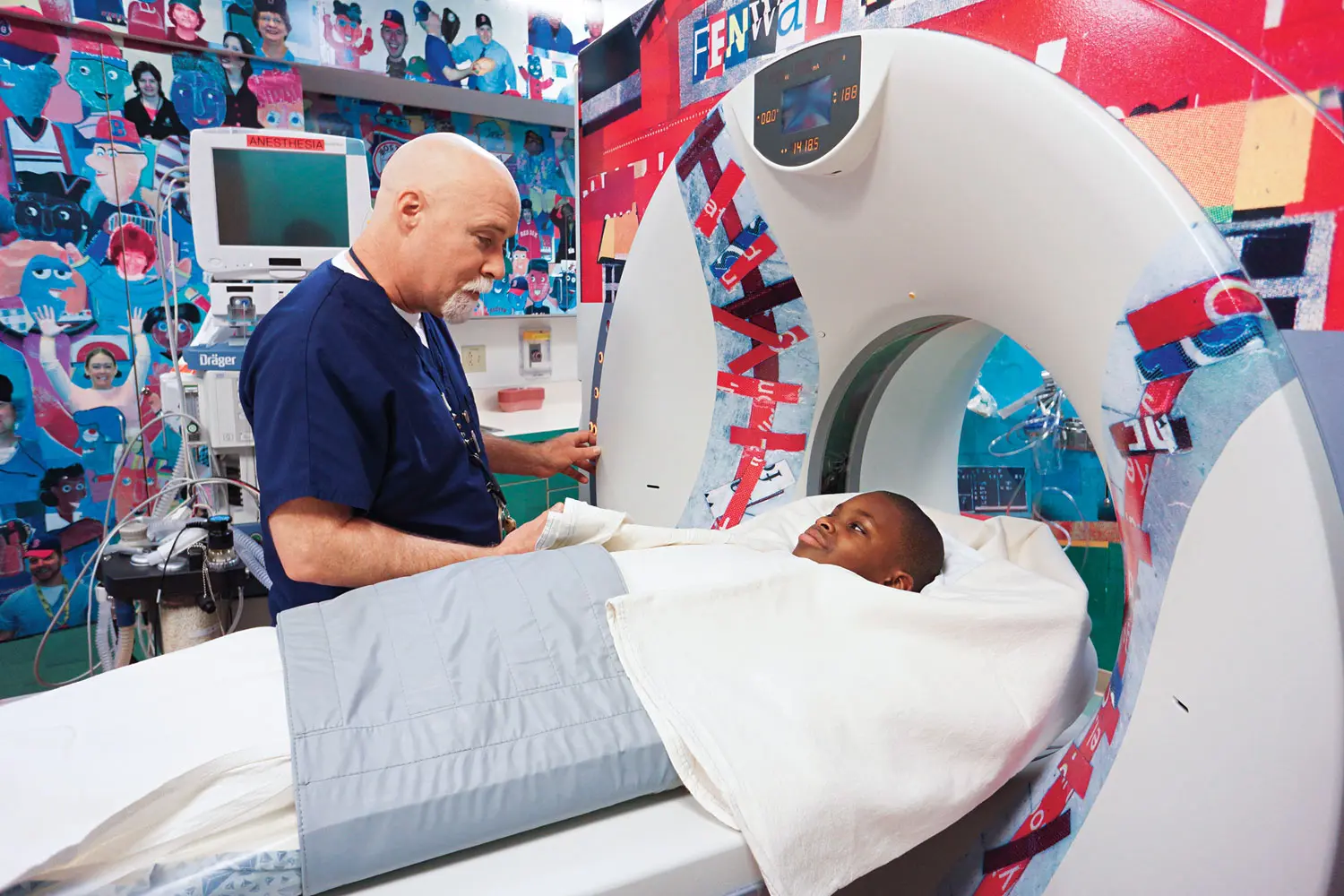Depression is usually brought on by factors beyond our control—the death of a loved one, a job loss, or financial troubles. But the small choices you make every day may also affect your mood more than you may realize. Your social media habits, exercise routine, and even the way you walk may be sucking the happiness out of your day, and you may not even know it. Luckily, these behaviors can be changed. Read on for 12 ways you’re sabotaging your good moods, and what you can do to turn it around.
You slouch when you walk
How we feel can affect the way we walk, but the inverse is also true, finds a study published in the Journal of Behavior Therapy and Experimental Psychiatry. Researchers found that when subjects were asked to walk with shoulders slouched, hunched over, and with minimum arm movements, they experienced worse moods than those who had more pep in their steps. What’s more, participants who walked in the slouchy style remembered more negative things rather than positive things. Talk about depressing.
Get happy now: Lift your chin up and roll your shoulders back to keep your outlook on the positive side.
HEALTH.COM: 30 Ways to Live Life to the Fullest
You take pictures of EVERYTHING
Instagram queens, listen up. Haphazardly snapping pictures may hamper how you remember those moments, according to a study published in Psychological Science. In the study, participants took a museum tour, observing some objects and snapping pics of others. Afterward, they had a harder time remembering the items they photographed compared with the ones they looked at. “The lens is a veil in front of your eyes and we don’t realize it’s there,” says Diedra L. Clay, PsyD, chair and associate professor of the counseling and health psychology department at Bastyr University in Kenmore, Wash.
Get happy now: Focus on your subjects when taking pictures—or, better yet, just sit back and enjoy yourself. Soak up the beauty and participate in the action. These are the things the will make you mentally stronger, says Clay.
See the 10 Healthiest Cities to Live in America










You’re letting a bully get the best of you
Bullying doesn’t end when you leave school. Approximately 54 million workers, or 35% of U.S. employees, are targeted by a bully at some point in their careers, according to the Workplace Bullying Institute. More than 70% of people have witnessed a workplace bully, says Erin K. Leonard, PhD, a practicing psychotherapist and author of the book, Emotional Terrorism: Breaking the Chains of a Toxic Relationship. “Being attacked maliciously in the place of pride and self-esteem continuously, it can be devastating. It makes you emotional volatile so that it is even difficult to get up and go work.”
Get happy now: The Workplace Bullying Institute recommends you first make an appointment with your doctor to discuss your physical and mental health. Then, after you’ve carefully documented as many of your interactions as possible, follow the organization’s three-step action plan.
HEALTH.COM: 5 Signs You’re Being Bullied at Work
You don’t exercise
Consider this: If you become more active three times a week, your risk of being depressed decreases 19%, according to a new study in JAMA Psychiatry. After following more than 11,000 people born in 1958 up until the age of 50, and recording depressive symptoms and levels of physical activity at regular intervals, University College London researchers found a correlation between physical activity and depression. People who were depressed were less likely to be active, while those who were active were less likely to be depressed. In fact, for every time they were active, depression risk decreased 6%.
Get happy now: Just get out and move. It doesn’t need to be for long—walking to errands if possible, taking the stairs—but any activity will help keep your mind moving.
HEALTH.COM: 10 Exercise Cheats That Stall Weight Loss
You procrastinate
Think about a task you’ve been putting off. If the reason is because it’s boring or you just don’t feel like doing it, well, we can’t help you there. But if you’re avoiding the task because it makes you anxious or because you’re afraid of failing, then procrastinating just makes completing it more nerve-wracking.
Get happy now: Before you finally tackle your problem head-on, do something that helps you ease stress: listen to music, go for a run, Leonard suggests engaging in an activity that helps disintegrate the anxiety. This way you can insert a bit of fun into it, instead of stress.
You’re in a toxic relationship
“I have many clients suffering from anxiety and depression not realize it’s because of a toxic relationship,” Leonard says. “It eats away their self-esteem. Their partners have them believing that they are incompetent, or selfish. Sometimes it takes years for people to realize that their depression and their anxiety comes from their relationships and that they have been dismantled.”
Get happy now: You may need some help with this one. First, read up on the signs that your partner may be abusive. Then, consult either a professional, a family member, or a close friend to help you recognize the signs.
HEALTH.COM: 10 Ways to Improve Your Relationship Instantly
You take life too seriously
You trip on a crack in the sidewalk, and instead of shrugging it off, you cower with embarrassment. If that sounds like you, it’s time to find some ways to laugh more. “There are many studies showing the benefits of laughter on our health and this includes mental health,” Leonard says. “Laughter is the fast medicine for anxiety and depression.”
Get happy now: Seek out humor every day. Watch a funny TV show, listen to the Laugh USA channel on SiriusXM Radio, or spend time with friends who make you smile. You could even try volunteering with kids—they really do say the darndest things.
You don’t sleep
“Sleep affects everything,” says Diedra L. Clay, PsyD, chair and associate professor of the counseling and health psychology department at Bastyr University, “emotional and mental capabilities, as well as our bodies’ functioning. Sleep is our bodies way of regenerating and without it the system malfunctions.”
Get happy now: Try to figure out why you aren’t sleeping and then take the steps to create a restful environment.
MORE: Why Schools Should Screen Their Students’ Mental Health
You’re never alone
Between kids, work, marriage, and other activities, you can’t find a moment to be alone (and locking yourself in the bathroom doesn’t count). Leonard stresses the importance of finding time for yourself, whether it is 10 minutes, an hour, or a day. Without taking the time to do things for you, depression and anxiety creep in, says Leonard.
Get happy now: Schedule an appointment for you time. And more importantly, keep it.
You don’t actually talk to anyone
If you primarily use texting, Facebook, and other social media to stay in touch with friends, you’re not having meaningful contact—and chatting up the Starbucks barista every morning doesn’t count. “Facebook pages are entertainment,” Clay says. “These are not true conversations that allow us to understand people. Instead, it lessens our experiences and feelings.” Michael Mantell, PhD, a behavioral sciences coach based in San Diego, Calif., agrees. “Personal electronics (like smartphones) have also impacted attention, demands for immediate gratification, and expectations that the press of a button can lead to instantaneous connection,” Mantell says. “We have also learned to not have face-to-face connections, only virtual. This impacts our ability and interest in sitting in the same room with someone, and actually talk with people face-to-face.”
Get happy now: “At the end of or lives, the number of followers we have doesn’t matter,” Clay says. “But friends do.” Make sure to schedule a date with a friend, family member, or partner at least once week.
MORE: What Americans Can Learn From Obama on Mental Health
You can’t live without your mobile phone
When was the last time that you were completely electronic-device free? Can’t remember? Not a good sign. “With all the devices we have, it tends to overstimulate us,” Clay says. “And if we are always on, then we never truly rest and regenerate our bodies and our minds.” Eventually, this can manifest itself as depression or anxiety.
Get happy now: Create an electronic Sabbath, where you abstain from all devices once a week, even if just for half a day.
You multitask
We’re all guilty of multitasking: we take lunch at our desks, scroll through Facebook while watching TV, and text pretty much constantly. Research shows that although many people believe they’re being more productive by multitasking, that’s not actually the case—it just leaves us stressed out, oblivious to our surroundings, and unable to communicate effectively.
Get happy now: It’s simple, really: put down the phone, turn off the television, and pay attention to what you are doing and what is going on around you. Allowing your brain to process everything that is happening to you in real time (and not broadcasting it to your social media followers) may be the best thing you can do for your mental health.
This article originally appeared on Health.com
5 Horrible Habits You Need to Stop Right Now





Read next: Mental Health Therapy Through Social Networking Could Soon Be a Reality
More Must-Reads from TIME
- Why Biden Dropped Out
- Ukraine’s Plan to Survive Trump
- The Rise of a New Kind of Parenting Guru
- The Chaos and Commotion of the RNC in Photos
- Why We All Have a Stake in Twisters’ Success
- 8 Eating Habits That Actually Improve Your Sleep
- Welcome to the Noah Lyles Olympics
- Get Our Paris Olympics Newsletter in Your Inbox
Contact us at letters@time.com